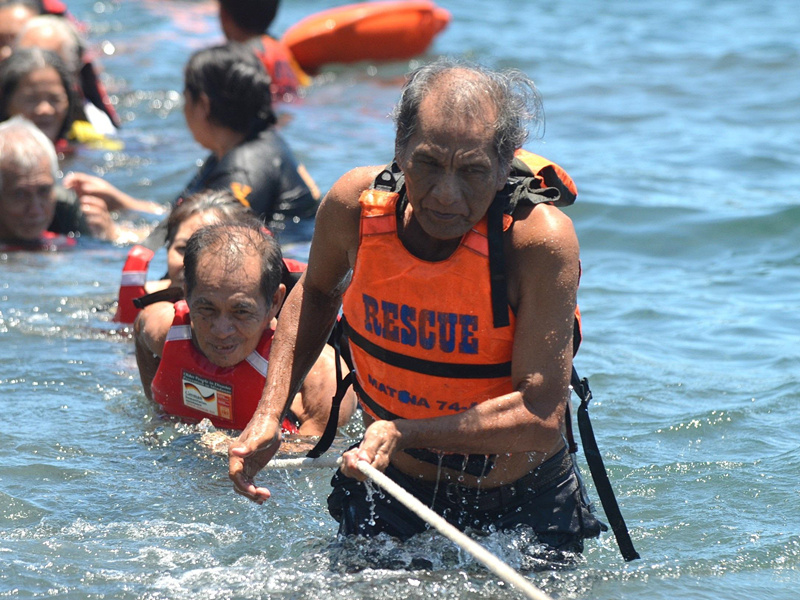
Older persons must be empowered in the fight against COVID-19
By Denis McClean
GENEVA - There is concern in the world’s most disaster-affected region, Asia-Pacific, about the risk of discrimination and stigma against older persons and any dilution of their needs in response plans as the COVID-19 pandemic continues to accelerate.
“We are already seeing a lot of discrimination and stigma building up against older people with certain myths, doubts, biases,” said HelpAge expert, Dr. Prakash Tyagi who pointed out that they are also the group most affected by the pandemic.
He emphasized the importance of empathy and empowering older persons in the pandemic response to avoid unnecessary suffering from lack of food, health care and poverty.
There are 650 million older persons living in the Asia-Pacific region where many low and middle-income countries are struggling to meet both the health and economic needs of vulnerable groups including older persons, persons living with disabilities, women and children.
Traditional ways of working at community level are not possible any more and this is impacting severely on care for older persons especially those living alone dependent on home care and those living in nursing homes.
These concerns were also raised today by Eduardo Klien, Regional Director for Asia Pacific, HelpAge International, when he spoke to a webinar attended by 1,129 participants, hosted by UNDRR’s Bangkok office in collaboration with HelpAge and UNWomen.
The hour-long session, “Leave No One Behind in COVID-19 Prevention, Response and Recovery” was moderated by Loretta Hieber Girardet, Chief, UNDRR’s Asia and Pacific Regional Office, who said it was the first in a series and was focused on the early lessons from the pandemic and good practices emerging in the region.
Mr. Klien said that older people should not have to compete with younger people for medical assistance and should not be portrayed as passive recipients of assistance that could lead to disempowering this large segment of the population and lead to harmful decisions and discriminatory practices.
He said the outbreak “caught us all by surprise” as details started to emerge from China and later Iran on sickness and loss of life among older persons and the need to provide them with personal protective equipment. Iran sought guidelines on how to deal with persons who were affected in care homes.